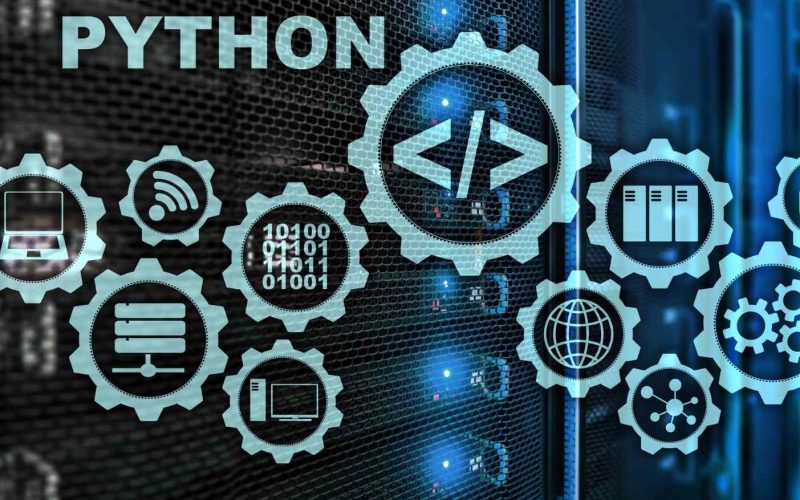In the realm of programming languages, Python stands as a true powerhouse, captivating developers and shaping the digital landscape with its versatility, simplicity, and extensive capabilities. From web development to data science, Python has permeated diverse fields, empowering programmers to create innovative solutions and tackle complex challenges.
Why Python?
Python’s popularity stems from its unique blend of features that make it an ideal choice for a wide range of programming tasks. Here are some of the key reasons why Python has become a favorite among developers:
- Readability and Simplicity: Python’s syntax is remarkably easy to read and understand, resembling natural language in its structure. This makes it an excellent choice for beginners and experienced programmers alike.
- Versatility: Python is a general-purpose language, capable of handling a vast array of tasks, including web development, data science, machine learning, and scientific computing.
- Extensive Libraries: Python boasts a rich ecosystem of libraries, providing ready-to-use tools and modules for various domains. This extensive support simplifies development and enhances productivity.
- Community and Support: Python has a vibrant and active community of developers who contribute to its development, provide support, and share knowledge. This fosters a collaborative environment and ensures that developers have access to help when needed.
Python’s Applications: Where Its Power Shines
Python’s versatility extends its reach across diverse industries and domains, making it a valuable skill for programmers to possess. Here are some of the key areas where Python is widely used:
- Web Development: Python powers many popular web frameworks like Django and Flask, enabling developers to create robust and scalable web applications.
- Data Science: Python is the lingua franca of data science, with libraries like NumPy, Pandas, and scikit-learn providing powerful tools for data analysis, manipulation, and machine learning.
- Scientific Computing: Python’s scientific computing libraries, such as SciPy and Matplotlib, make it a valuable tool for scientists and engineers to perform complex calculations, visualize data, and model scientific phenomena.
- Machine Learning: Python is at the heart of machine learning development, with TensorFlow and PyTorch being the dominant frameworks for building and deploying machine learning models.
- Scripting and Automation: Python’s simplicity and flexibility make it a popular choice for scripting and automation tasks, streamlining repetitive processes and enhancing productivity.
Enhancing and Learning Python: Empowering Your Skills
Whether you’re a seasoned programmer or a curious beginner, there are numerous ways to enhance your Python skills and stay at the forefront of its advancements. Here are some effective strategies:
- Online Courses and Tutorials: Numerous online platforms, such as Coursera, edX, and Udemy, offer comprehensive courses and tutorials on Python programming, covering various levels and topics.
- Practice and Projects: Hands-on practice is essential for mastering Python. Engage in personal projects, participate in coding challenges, and contribute to open-source projects to gain practical experience.
- Books and Documentation: Immerse yourself in Python books and documentation to deepen your understanding of the language’s syntax, concepts, and libraries.
- Online Communities and Forums: Engage with the vibrant Python community through online forums and discussion groups to seek help, share knowledge, and stay updated on the latest developments.
- Attend Workshops and Conferences: Participate in Python-focused workshops and conferences to learn from experts, network with fellow developers, and stay abreast of industry trends.
Conclusion: Python’s Enduring Legacy
Python has revolutionized the programming landscape, empowering developers to create innovative solutions and tackle complex challenges across diverse fields. Its versatility, simplicity, and extensive support make it an essential tool for anyone aspiring to succeed in the tech industry. As technology continues to evolve, Python’s role is sure to grow even more prominent, shaping the future of software development and data science.






